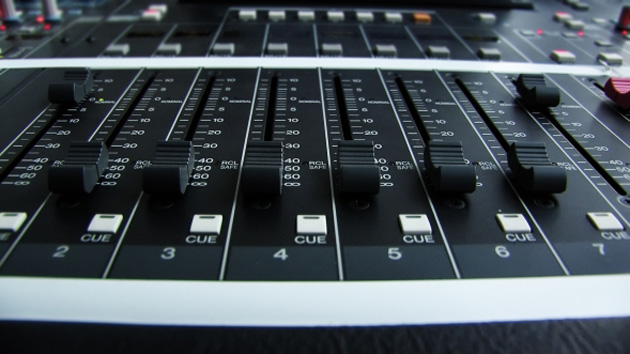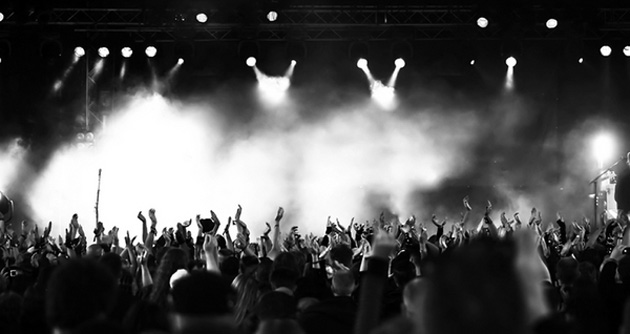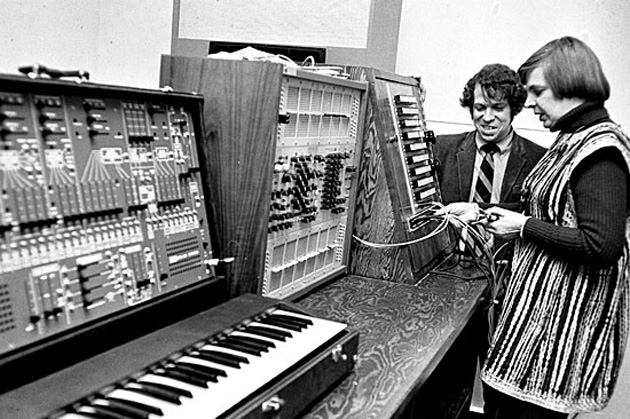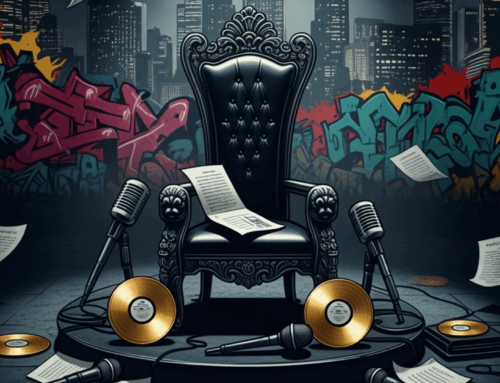 I’ve got one word for ya – DIY.
I’ve got one word for ya – DIY.
Call it freedom of expression, self-engagement, or just plain old democracy, but the do-it-yourself movement highly characterizes the electronic music scene right now. Accessibility, education and technology make musical composition as simple as – yes – the touch of a button. While this bodes well for the development of creative genius in kids everywhere, what does it say for the world of EDM?
I keep on hearing this disgruntled remark from various shady corners of the internet that EDM has “lost its soul.” Ever since rave’s underground beginnings gave way to the adoption of dance music in its various forms by mainstream culture, old die-hards have been crying out that it all sucks.
Why does it suck? Because everyone’s doing it; because it’s boring; because it’s not the same as it used to be; because everyone copies everyone else. All of that’s true, but it doesn’t stop thousands of excellent musicians from freely exploring and expressing the “soul” of EDM.
What is soul? It’s art, that’s all – doing something for the very sake of art. The DIY movement is all about the process of making for the sake of making. So is computer music. EDM has reached the mainstream, but only to inspire the masses to create and connect with their own art. Its soul hasn’t been subsumed by pop at all; if anything, it’s the other way around. Being a one-hit wonder isn’t an insult – it means an obscure little person out there has been having fun making great tunes, and thanks to the internet, now everybody knows it.
See here. Modern electronic computer music has basically become the modus operandi for all forms of music. Hi-fi recording, manipulating and digitalizing sound are staple elements of musical creation. At the same time, North America and Europe are seeing an explosive synthesis of rock, soul, synth pop, grunge, jazz, techno, trance and world music, related not only to aural but to cultural experience.

The ability to create, experiment, demand and respond are notions that have been passed down by philosophers, thinkers, spiritual leaders and even politicians – god help us – over several hundred years. EDM is just the musical equivalent of the freedom movement carried forward into the digital age.
Festivals have replaced raves, with a focus on experiential rather than drug-addled bliss. Think SXSW, Coachella, Electric Daisy Carnival and other big events that showcase the power of EDM. How can people say this broad embrace of what was once rave music constitutes a denial of the soulful roots of the musical genre? That’s like saying the Beatles sold out rock ‘n’ roll.
I disagree with the perspective that because a genre of music is not the way it used to be – because it has diverged and expanded from its origins, it somehow loses its essence.
When early blues and jazz musicians branched out from classical forms, twisting up chords and zigzagging rhythms, cultural conservationists took a collective gasp, decrying the “noise” that these people dared to create. Traditionalists looked down their noses at this music, and covered their ears. Along with swing music in the 1920s, jazz and blues were seen by many as a degradation of “real” music. The evolution of rock ‘n’ roll saw the same backlash.
All of these new forms burgeoned from subcultures where intersections of social status, race, gender, international history and politics presented opportunities to test and challenge what was considered by the mainstream as acceptable. Blues, jazz, swing, roots, rock, reggae, dub, punk, grunge and soul brought an astounding array of possibilities that continue to define modern music.


At the same time, it’s remarkable that as each genre reaches, infiltrates and gradually takes over mainstream culture, the original fans and followers take on a critical tone toward their pet music. They point out how it’s been co-opted and subsumed, that popular sentiment has watered it down. They complain that it has no . . . soul.
There’s that word again. So what’s soul?
Is it a purified form of high art, nuanced and pristine, understood only by a chosen few who subscribe to a set of carefully constructed pillars of stylistic excellence? So that we can identify and say, “Yes. THAT is electronica – or techno – or EDM, or what have you. (Actually, this sounds more like a religion to me.)
Or is it the will to create?
That’s where I get back to doing it yourself. Stretching back to our early days as cave dwellers, humans have been evolving to specialize. We try to show ourselves that the possibilities are limitless: we can fly; we can fly to the moon; we can fly to the outer edges of the universe. This is where soul comes in. Nobody can stop us from doing, and that goes for everything from drumming on skins to manipulating a mashup.
So when people say that EDM is dead because house music is played all over the world, I just don’t get it. There’s plenty of mimicry and repetition, the world over – that’s part of the beauty of things.



